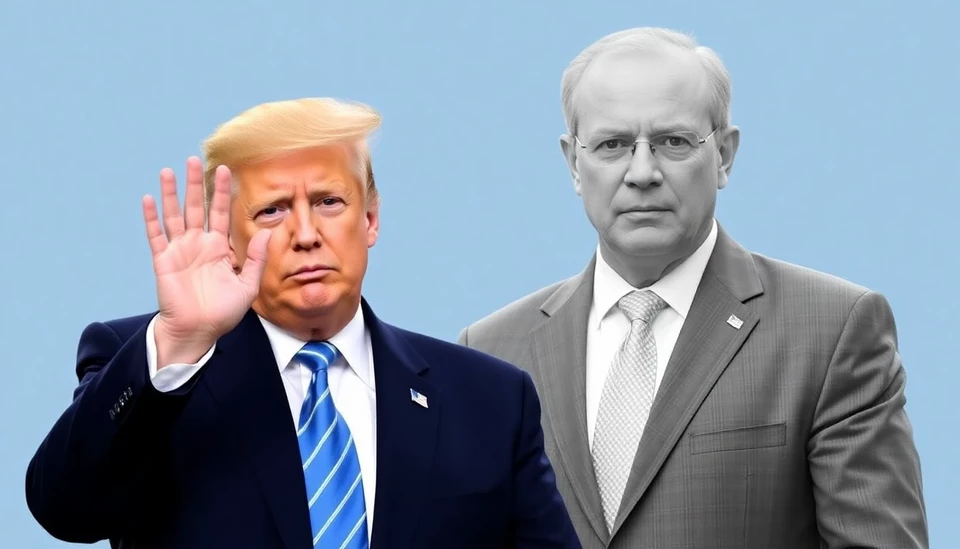
In a bold move that is set to shake up trade relations in North America, former President Donald Trump has announced his intention to reintroduce tariffs on imports from Mexico and Canada as of next month. This decision comes as part of his overarching strategy to reshape economic policies that he argues will protect American jobs and industries from foreign competition.
Trump, who has consistently voiced criticisms against both neighboring countries, outlined his rationale for these tariffs during a recent interview. He emphasized that the tariffs are necessary to counter what he describes as an unfair trade system that has favored Mexico and Canada for too long, resulting in significant job losses and a detrimental impact on the American economy.
Specifically, Trump indicated that he would implement a series of escalating tariffs on a range of goods, including steel and aluminum, which have historically been contentious points in trade negotiations. As a staunch supporter of American manufacturing, he believes that these tariffs will help to level the playing field, incentivizing businesses to keep production within the United States rather than outsourcing it to foreign nations.
This announcement, while expected by many of his ardent supporters, has elicited a mixed response. Economists warn that such a move could provoke retaliatory measures from both Mexico and Canada, potentially leading to a return of trade tensions reminiscent of those seen during Trump’s first term in office. Agricultural sectors in particular may face gravely adverse effects, as past tariffs have caused significant disruptions in supply chains and raised costs for consumers.
In addition to the economic implications, Trump's tariff plan could also reshape political alliances, especially as both countries prepare for negotiations that may involve various other diplomatic concerns. Lawmakers are already probing into how this move may affect local economies and whether it aligns with long-term trade agreements such as the United States-Mexico-Canada Agreement (USMCA).
The former president has positioned this tariff action as a critical step in his future political campaign. By framing it as a fight for American interests against perceived unfair practices, he hopes to rally support from voters who prioritize economic nationalism and job protectionism.
As the situation develops, observers will be monitoring the responses from both Mexico and Canada closely, as any retaliatory measures could escalate tensions further and lead to a reevaluation of existing trade agreements. It remains uncertain how these tariffs will truly impact the North American economy and the livelihoods of American workers in various sectors.
Trump's announcement is a reminder of the complexities involved in international trade and the contentious nature of tariff politics, as nations strive to protect their domestic markets while navigating the often rocky road of diplomatic relations.
As we approach the implementation date, industry leaders, economists, and policymakers are urged to consider the broader implications of such tariffs and engage in conversations that could help mitigate potential fallout.
Stay tuned for updates as this situation unfolds and trade dynamics in North America evolve.
#Trump #Tariffs #Mexico #Canada #Trade #Economy #USMCA #Jobs #Industry #Politics
Author: Rachel Greene




